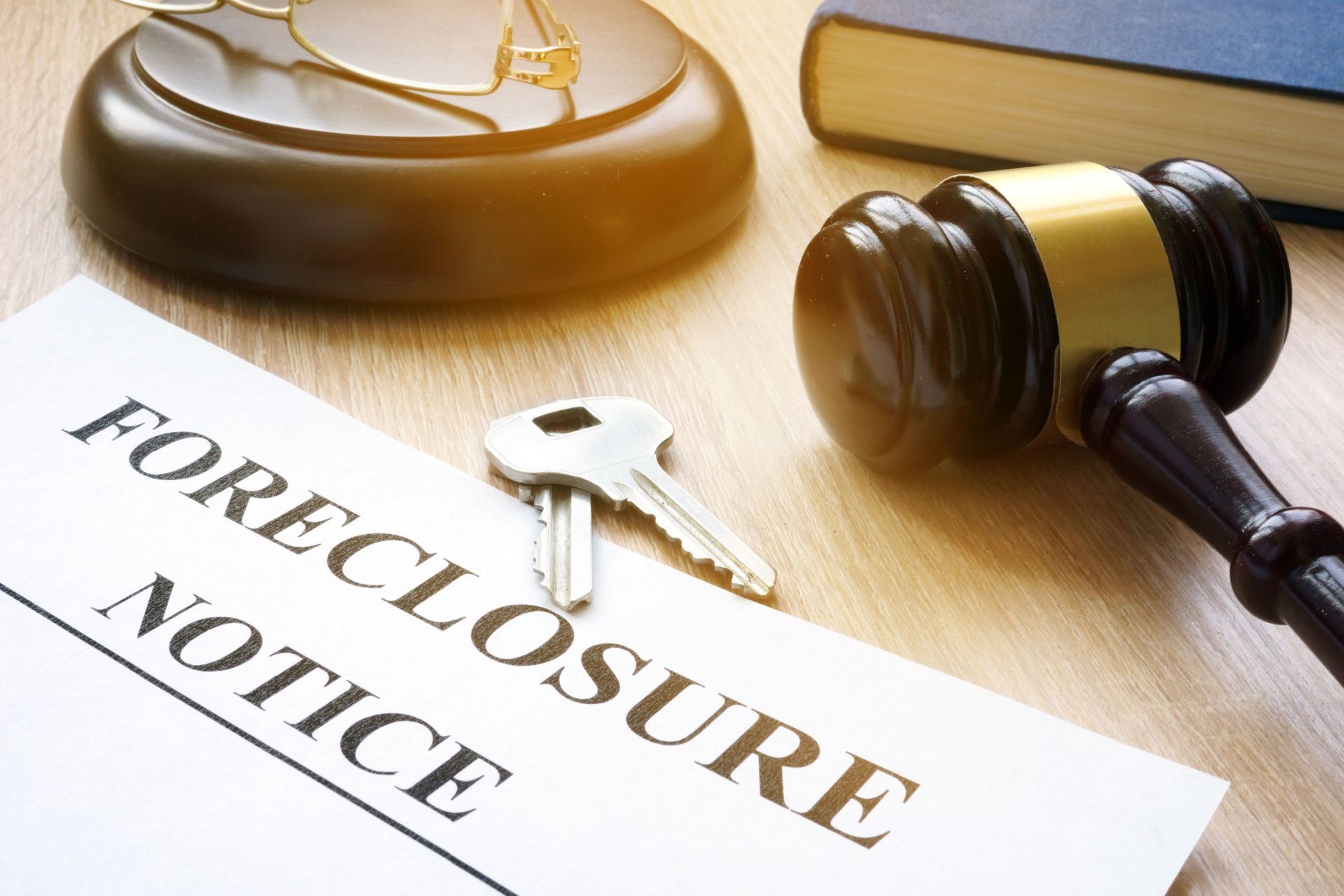Evicting a tenant is never an easy task and one that landlords certainly don't relish, but it’s also one that must be done purposefully and in full compliance of the law. Each state sets their own regulations about why, when, and how landlords can evict tenants, and in Pennsylvania, these laws will even vary from county to county which makes it essential you fully understand what you can and can’t do.
There’s also an important distinction to be made between the terms “eviction” and a “termination of tenancy.” Essentially, a landlord can terminate a tenant’s lease agreement for a number of reasons and ask them to vacate the premises.
An eviction, on the other hand, is a court process where the tenant must be ordered to leave or be physically removed from the property following a termination of tenancy. That said, “eviction” is commonly used to refer to any time a tenant is asked to leave.
Some common circumstances for termination of tenancy include:
- failure to pay rent,
- violating the terms of a lease or rental agreement,
- engaging in illegal activity, or
- simply reaching the end of their lease agreement.
By far the most common reason is nonpayment of rent and per state law rent is considered “late” one day past its due date. However, as a landlord, you’re required to issue a 10-day notice to quit before you can evict a tenant for non-payment. During this time period, if the tenant resolves the issue (i.e. pays their rent), you are not permitted to give them an eviction notice. For lease violations, landlords must give a 15-day notice to quit for tenants who’ve lived on the property for less than a year, and a 30-day notice for those who have lived there for more than a year. If a tenant is found conducting illegal activity they must be given a 10-day notice, and when a tenant is nearing the end of their lease agreement which will not be renewed, they must be given either a 15 or 30-day notice.


